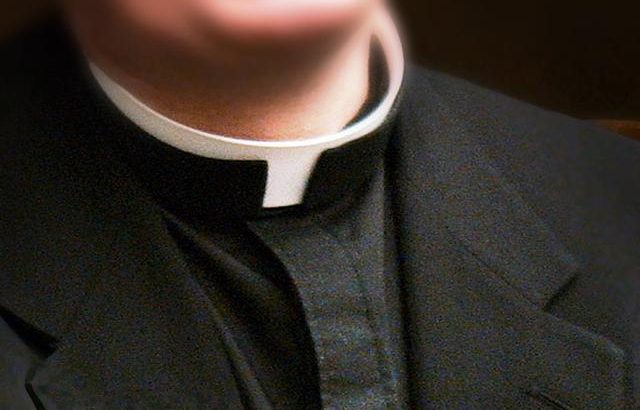One of the challenges facing the Church in Ireland today is the tension between the fact that necessary Church reform requires patient discernment, but also the fact that this reform is urgently needed.
Within a decade the Dublin Archdiocese – the country’s largest with over a million registered Catholics – will have only a couple of dozen priests to serve the current 198 parishes.
It is a familiar pattern across the country, and no group of stakeholders (to use a corporate term) has given more time to patient reflection on the issue than our hard-working priests.
Yet, a frustration that one will often hear from priests is the concern that the ‘process’ becomes the destination and endless meetings, consultations and sharing takes centre-stage and all the energy needed for radical reform, withers away.
Often dioceses have adopted ambitious rationalisation plans, there has been much buy-in and people have accepted the inevitability of change, even daring to believe that in the change God can reveals new ways to journey forward together as a community of faith.
But then a bishop retires and a new man arrives. He too feels the piercing need for discernment to preceed reform, and the process begins again.
It is frustrating for priests and hides from the lay faithful the urgency of the change that is needed. Courageous conversations have begun in some communities, but the danger is that Church reform proceeds at the pace of the slowest member. And with some people inevitably wanting to drag their heels, this means that reform will always be a destination far in the future.
Looking to the future requires faith. It also requires a deep appreciation for both salvation history, and ecclesiastical history. Whether in the history of the Israelites or across the broad canvas of 2,000 years of Church history it has sometimes been in times of exile or when all has seemed lost, that a new ability to find intimacy with God emerges.
Think of the post-Good Friday band of the Lord’s followers. Just a week earlier, they had arrived triumphantly. Now their tiny community was frightened, scattered and without leadership.
Yet, at the Supper of Emmaus “they recognised him in the breaking of bread” and realised that the Lord’s eternal presence was the gift that would sustain and nourish until the end of time.
There is a danger in Church reform and rationalisation that we consider the work to be little more than the sort of re-organisation that one sees in the corporate world, as if bishops are little more than area managers for a regional bank that has been bought by a larger competitor.
The propagation of the faith and evangelisation are God’s work first, but they require human co-operation. Christianity is not magic, that is perhaps why so many people walk away disappointed with what they expect God to be rather than take on the patient journey of discerning what God is saying to the Church in Ireland as she moves through the first century of the third millennium.
Survival is not a Christian value. Jesus did not say, I came that you might survive – no, the Lord came that “we might have life and have it to the full”. Only when we move beyond a survival strategy – that prioritises the Church rather than Christ – can we see the new ways that God is preparing for a new springtime in Irish Catholicism.
It is with a certain amount of incredulity that many will hear talk of a new springtime, but that is to fall for the vice of despair and disillusionment.
Our priests now are fewer and older. But they are also heroic community leaders who have the resources – and faith – to lead their people to a new way of being the Church together. This will require painful decisions. Things that we once thought brought us life, will disappear – and the challenge will be to find new life in the new ways.
But only a brief look back on Church history will reveal to us the truth that God is always with his Church.



